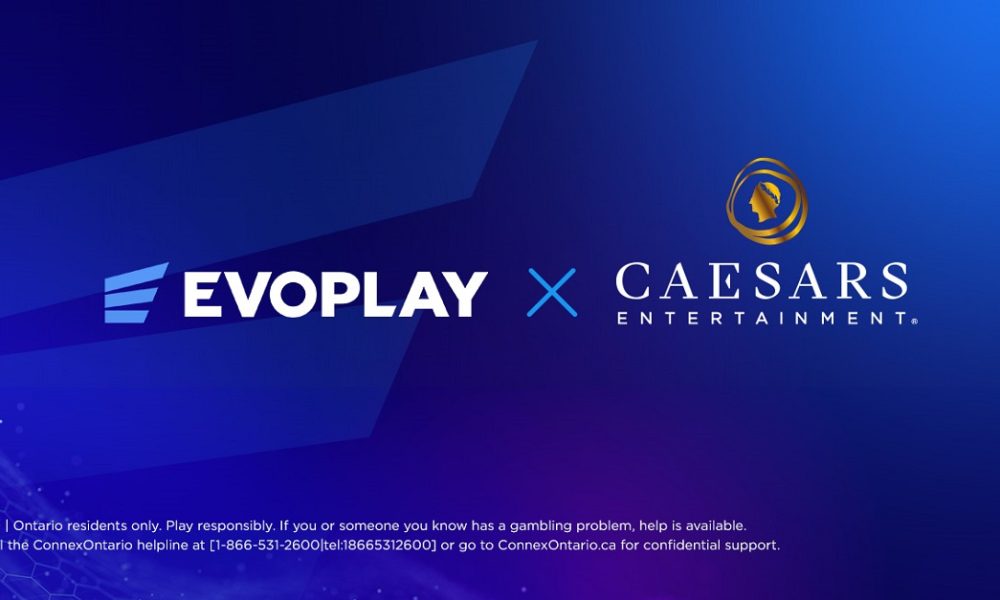

Canada
Nevada Gaming Control Board: 2020-43 Updated Health and Safety Policies for Reopening after Temporary Closure
This Industry Notice amends the “Health and Safety Policies for the Resumption of Gaming Operations: Nonrestricted Licensees,” and supersedes Industry Notices #2020-25 and #2020-30 for purposes of the policy for nonrestricted licensees.
Based on updated guidance from the Centers for Disease Control and Prevention, the Nevada Gaming Control Board has updated its policy for nonrestricted licensees in order to mitigate the spread of COVID-19 between people who are in close contact with each other for at least 15 minutes.
To meet its obligation under section 35 of Governor Sisolak’s Declaration of Emergency Directive 021, the Board reissues the following:
Health and Safety Policies for the Resumption of Gaming Operations: Nonrestricted Licensees
Substantive updates to the policy for nonrestricted licensees are as follows:
Appropriate personal protective equipment (PPE) may be required or recommended by federal, state, or local authorities. When required or recommended, licensees must ensure that PPE is utilized by employees and provide training on how to properly use and dispose of all PPE (page 3).
Plans must provide for the availability of face masks or cloth face coverings for patrons and guests upon request. Upon entering the gaming establishment, licensees must offer all patrons and guests a face covering or have dedicated signage throughout the establishment notifying patrons that face coverings are available. Licensees must ensure that face coverings are provided upon request (page 4).
Licensees must require patrons to wear face coverings at table and card games if there is no barrier, partition, or shield between the dealer and each player. This requirement applies to table and card game players, spectators, and any other person within 6 feet of any table or card game (page 4).
Pursuant to section 22 of Governor Sisolak’s Declaration of Emergency Directive 021, musical performances, live entertainment, concerts, competitions, sporting events, and any events with live performances may resume, but shall remain closed for public attendance, and the Board must approve such an event prior to it taking place. To facilitate the approval of such events, the Board issues the following:
Closed Event Policy for Gaming Establishments
In conjunction with state and local health officials, the Board will continue to ensure that best practices are used in the mitigation of COVID-19, and its effect on the resumption of gaming operations, and will issue further notices as appropriate.
Canada
absolutebet Secures AGCO Registration as an Internet Gaming Operator in Ontario

Internet Gaming Operator by the Alcohol and Gaming Commission of Ontario (AGCO).
This significant milestone authorizes absolutebet to offer regulated iGaming services in Ontario’s legal market under the oversight of AGCO and iGaming Ontario (iGO).
The registration marks a key step in absolutebet’s mission to bring a trusted, responsible, and innovative online casino experience to Ontario players. absolutebet is committed to operating with integrity and transparency, meeting all provincial standards for player protection, responsible gambling, anti-money laundering, and game integrity.
“Securing AGCO registration is more than a milestone—it’s the start of absolutebet’s journey in one of the most exciting regulated markets in the world,” said Chen Truman, Founder of absolutebet. “We are building a brand that will grow with the Ontario community and set the stage for future expansion.”
On the regulatory milestone, Krisztina Kalla, Legal & Regulatory Compliance Advisor of absolutebet, commented: “I’m incredibly proud to see all the hard work behind this license pay off. Securing AGCO registration has taken months of preparation and close collaboration with regulators and partners. I am very happy to see the result of that work, and even more excited as we move into the launch phase and open up the absolutebet community to Ontario players in a fun and responsible way.”
Ontario is recognized as one of the most competitive and fast-growing regulated iGaming markets in North America. With AGCO registration secured, absolutebet will move forward with the final stages of its iGO onboarding process in preparation for launch.
The post absolutebet Secures AGCO Registration as an Internet Gaming Operator in Ontario appeared first on Gaming and Gambling Industry in the Americas.
Alex Malchenko Head of Sales at Evoplay
Evoplay strengthens Ontario presence in partnership with Caesars Entertainment

Evoplay, the award-winning game development studio, has partnered with Caesars Entertainment to expand its footprint in the Canadian market, following its initial entry earlier this year. The partnership integrates 20 of the studio’s top-performing titles onto Caesars Palace Online Casino, Horseshoe Online Casino and Caesars Sportsbook & Casino in Ontario, including fan-favourites such as Hot Triple Sevens, Triple Chili, and The Greatest Catch Bonus Buy.
Having announced its official entrance into Ontario in March, the collaboration with Caesars marks a significant step in Evoplay’s local strategy. Further standout releases, such as Inner Fire Bonus Buy and Hot Volcano, also launched as part of the initial package, with additional player favourites, including Fruit Nova and Ice Mania.
The collaboration underlines Evoplay’s commitment to working with leading operators to deliver high-quality content tailored to regional audiences.
Alex Malchenko, Head of Sales at Evoplay, said: “Launching with Caesars in Ontario marks a key milestone in our North American strategy.
“It reflects both the strength of our portfolio and our commitment to providing innovative, high-performing content to operators of the highest caliber.”
Ricardo Cornejo Rivas, Vice President of Online Gaming at Caesars Digital, said: “Evoplay brings a fresh and dynamic approach to online gaming, which we’re excited to offer to our players in Ontario. This portfolio of standout titles adds to our growing content library and furthering our ongoing goal of delivering top-tier entertainment experiences to our players.”
The post Evoplay strengthens Ontario presence in partnership with Caesars Entertainment appeared first on Gaming and Gambling Industry in the Americas.
Canada
iGaming Ontario Appoints Joseph Hillier as its New President and CEO

The iGaming Ontario Board of Directors has announced Joseph Hillier as the organization’s new President and Chief Executive Officer, effective September 8, 2025. Joseph’s depth in the Ontario igaming market combined with successful public and private sector careers make him the ideal President and CEO at this critical point in iGaming Ontario’s growth.
Joseph was most recently Chief Strategy Officer and Corporate Secretary at the Alcohol and Gaming Commission of Ontario (AGCO), where he delivered significant strategic and regulatory initiatives across the province’s alcohol, cannabis, gaming, and horse racing sectors. Prior to the AGCO, he served as Chief of Staff to Ontario Attorney General Hon. Doug Downey and led the development, launch and implementation of Canada’s first private sector-driven igaming market and the creation of iGaming Ontario. Joseph also spent more than a decade working in the financial and legal services sectors.
The Board expressed its sincere thanks to David Smith for serving as Interim President and Chief Executive Officer since Martha Otton’s retirement.
The post iGaming Ontario Appoints Joseph Hillier as its New President and CEO appeared first on Gaming and Gambling Industry in the Americas.
-

 gaming3 years ago
gaming3 years agoODIN by 4Players: Immersive, state-of-the-art in-game audio launches into the next generation of gaming
-
EEG iGaming Directory9 years ago
iSoftBet continues to grow with new release Forest Mania
-
News7 years ago
Softbroke collaborates with Asia Live Tech for the expansion of the service line in the igaming market
-
News7 years ago
Super Bowl LIII: NFL Fans Can Bet on the #1 Sportsbook Review Site Betting-Super-Bowl.com, Providing Free Unbiased and Trusted News, Picks and Predictions
-
iGaming Industry8 years ago
Rick Meitzler appointed to the Indian Gaming Magazine Advisory Board for 2018
-
News7 years ago
REVEALED: Top eSports players set to earn $3.2 million in 2019
-
iGaming Industry8 years ago
French Senator raises Loot Boxes to France’s Gambling Regulator
-
News7 years ago
Exclusive Interview with Miklos Handa (Founder of the email marketing solutions, “MailMike.net”), speaker at Vienna International Gaming Expo 2018









